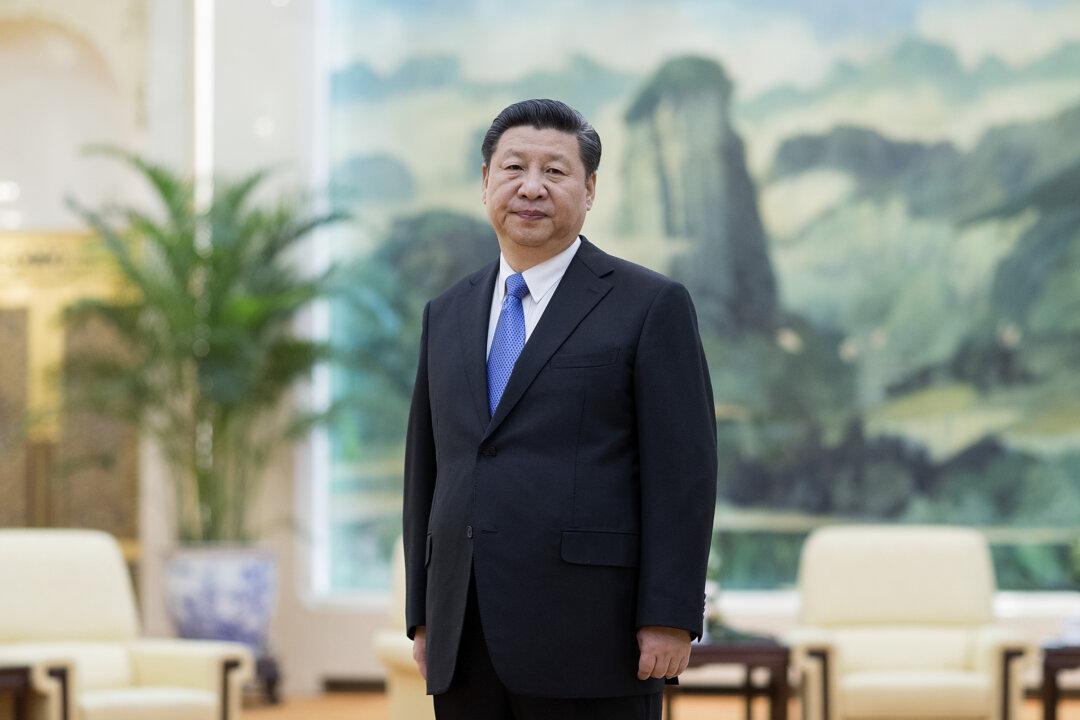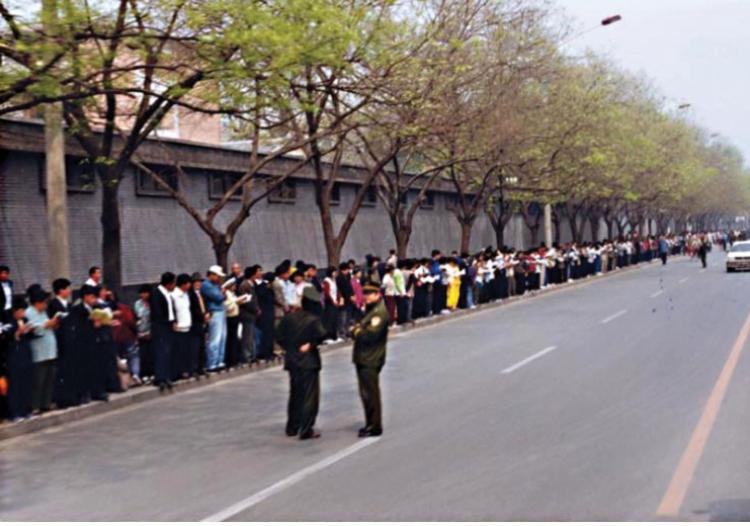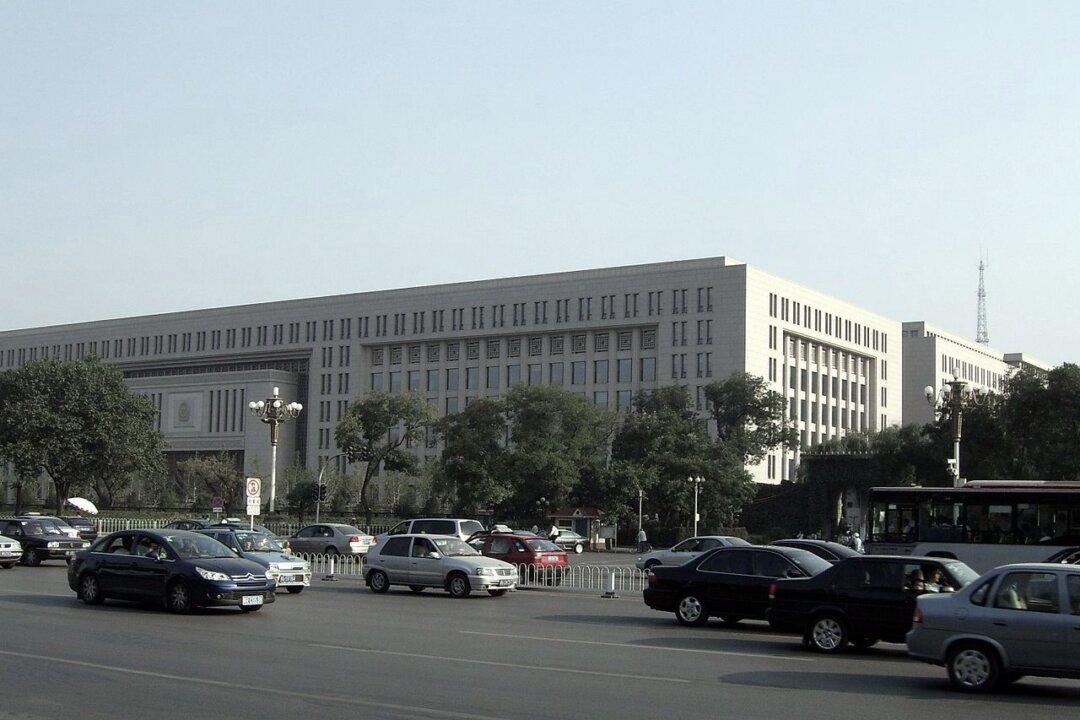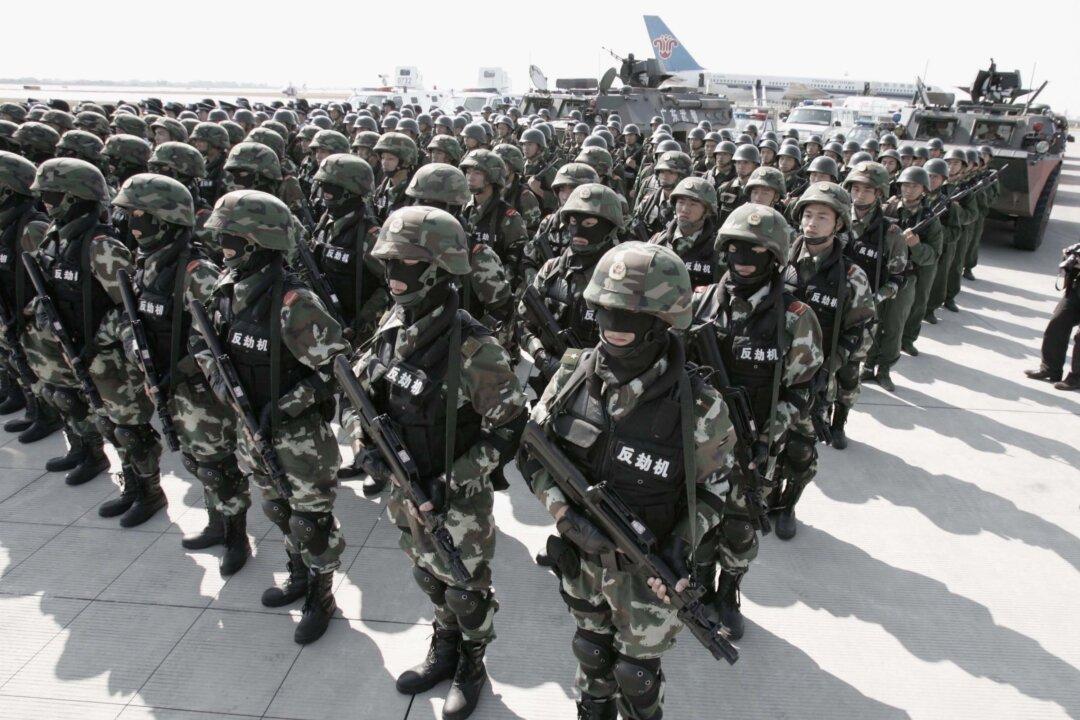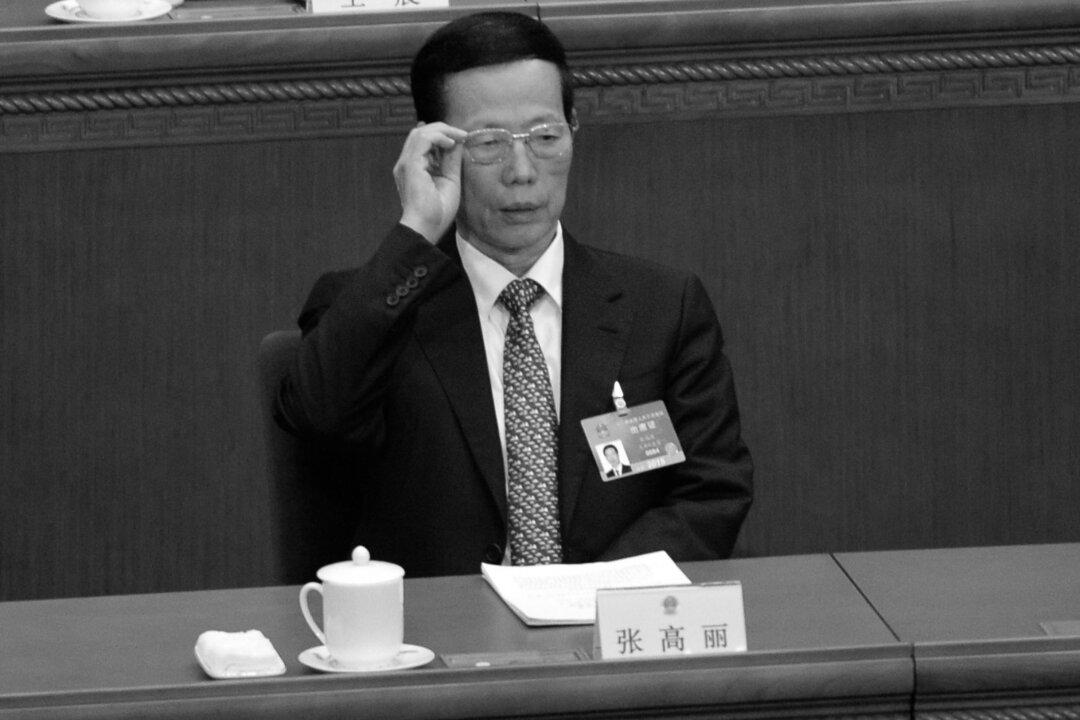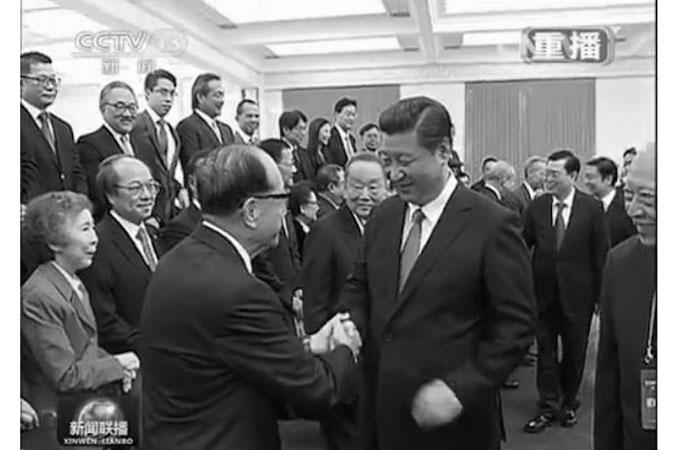News analysis
The Chinese Communist Party has a lengthy list of “sensitive” days, or the dates of events that the regime deems politically threatening. On those sensitive days and in the lead-up, the Party’s security apparatus becomes unusually vigilant and often conducts roundups and crackdowns on those associated with the events.
Two sensitive anniversaries are June 4 and April 25. The first is the date of the massacre in Beijing, when tanks crushed pro-democracy student activists in 1989. The second, in 1999, was when practitioners of Falun Gong made a peaceful appeal to the Party leadership. But this year, Xi Jinping, the leader of the Communist Party, has deviated from the script.
Through a number of unusual political gestures, Xi Jinping appears to have hinted at a departure from the policy of his predecessor toward the persecution of the Falun Gong spiritual discipline, a large group that was targeted for elimination in 1999 shortly after they mounted their appeal to the central administration.
Xi Jinping’s recent actions include moderate remarks on how to treat petitioners, the purge of some particularly rough security officials, demands that the security forces conduct themselves with probity, and what borders on conciliatory remarks about religion in China. In part due to the sequence and timing around such a sensitive anniversary, these actions, while subtle, indicate a potential shift in stance and emphasis regarding the Party’s status quo policies.
